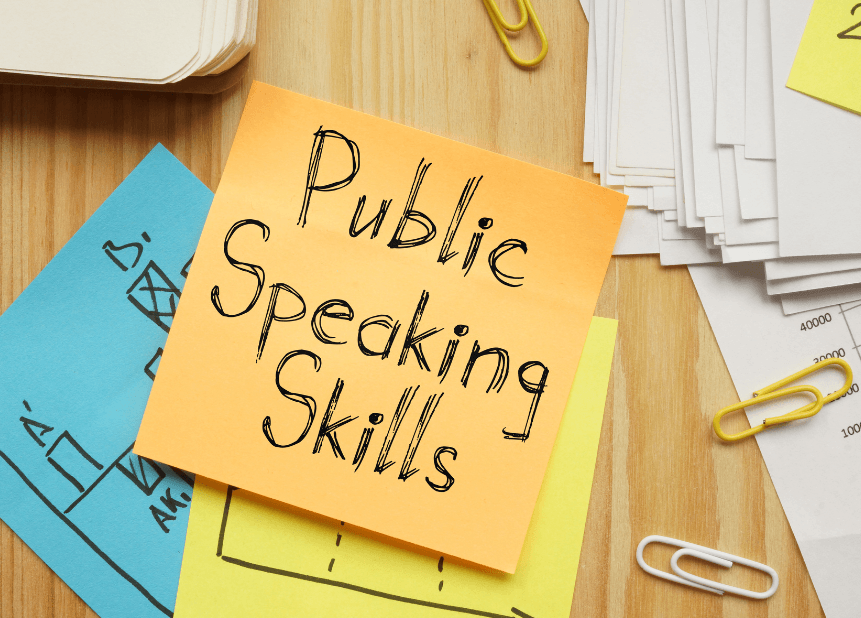Why It’s Important to Develop Confidence in Public Speaking
Helping children develop confidence in public speaking is essential for their personal and academic growth. When kids overcome the fear of speaking in front of others, they unlock new opportunities to express themselves, connect with peers, and thrive in the classroom and beyond.
Here’s why building public speaking confidence matters:
Improves Self-Esteem
Speaking clearly in front of others gives children a sense of accomplishment. It builds their self-worth and teaches them that their voice matters.Strengthens Communication Skills
Kids who develop confidence in public speaking also learn how to organise their thoughts and express them clearly. These are skills they’ll use in everyday conversations and future careers.Boosts Participation and Performance
Confident speakers are more likely to raise their hands in class, ask questions, and present their ideas effectively. This increased participation often leads to better academic outcomes.Prepares for Real-Life Situations
Whether in school interviews, team projects, or leadership roles, confident communication helps children navigate life successfully.Reduces Social Anxiety
As children become more comfortable speaking in front of groups, they begin to feel less anxious in social situations overall.
When children develop confidence in public speaking, they’re not just preparing for the next school presentation; they’re gaining a lifelong skill that will empower them in every setting.
Let me know if you’d like this section followed by a parent support guide or real-life examples.
Common Challenges Children Face While Trying to Develop Confidence in Public Speaking
| Challenge | Description | Suggested Solution |
|---|---|---|
| Fear of Judgement | Children often worry about being laughed at or making mistakes while speaking, which holds them back from expressing themselves. | Create a supportive, non-judgmental environment where effort is praised more than perfection. |
| Lack of Exposure | Without regular speaking opportunities, kids don’t get enough practice to improve or feel comfortable in front of an audience. | Encourage small daily speaking activities like storytelling, show-and-tell, or speaking at family gatherings. |
| Low Self-Esteem | A child who lacks belief in their own abilities is less likely to speak up, fearing they won’t perform well. | Celebrate small wins and gradually increase the level of speaking challenges to build self-worth. |
| Limited Vocabulary and Expression | Difficulty in choosing words or expressing ideas clearly can make public speaking feel more stressful. | Read books together, practice describing objects or events, and play vocabulary-building games. |
| Social Anxiety or Shyness | Introverted or anxious children may feel overwhelmed by the idea of speaking in front of a group. | Start with 1-on-1 speaking practice and slowly progress to speaking in small groups. |
| Negative Experiences | Harsh corrections, interruptions, or embarrassment during a previous speech can make children fear public speaking. | Offer constructive feedback gently, and focus on progress instead of flaws. |
| Overwhelming Expectations | High pressure from competitions or adults can lead children to focus more on outcomes than growth, increasing their fear. | Shift the focus from winning to learning and improving, and remind them it's okay to make mistakes. |

How PlanetSpark Helps Children Develop Confidence in Public Speaking
At PlanetSpark, we believe that every child can become a confident speaker with the right support and environment. Our programs are designed to help children gradually develop confidence in public speaking through structured, engaging, and age-appropriate methods.
Here’s how PlanetSpark supports your child’s communication journey:
Interactive Learning Modules: Lessons include storytelling, debates, JAM (Just A Minute), role-play, and more to build comfort with public expression.
1-on-1 Attention: Personalised sessions ensure that shy or hesitant children get the space and encouragement to open up.
Real-Life Practice: Kids regularly participate in mock presentations, speech contests, and storytelling events.
Feedback and Progress Tracking: Each session includes constructive feedback so children understand what to improve and feel proud of their growth.
Supportive Environment: Children learn in small groups or individual settings, creating a safe space for overcoming fear and anxiety.
Expert Public Speaking Coaches: Trained mentors help children overcome stage fright and refine their speaking style with confidence.
With consistent practice and expert guidance, your child will not only gain public speaking skills but also the courage to use their voice in any setting.
Conclusion: Every Child Can Learn to Speak with Confidence
Helping your child develop confidence in public speaking isn’t about instant perfection, it’s about building small habits, giving them the right support, and celebrating their courage along the way. With the right activities, daily encouragement, and expert guidance, your child can overcome stage fright and learn to speak with clarity and conviction.
Whether it’s a school event, a classroom discussion, or simply speaking up in a group, confident communication can open many doors. Start today and help your child take the first step toward self-assurance.
FAQs
1. At what age should children start learning public speaking?
Children as young as 5 can begin with basic communication games and storytelling. Early exposure helps reduce fear and makes speaking in public feel natural.
2. How can I support my child at home to overcome stage fear?
Practice at home with activities like mirror speeches, pretend interviews, and bedtime storytelling. Encourage without correcting too often.
3. What if my child is extremely shy?
Start small with friendly environments. Enroll them in sessions like those at PlanetSpark, where personalized attention helps shy children open up at their own pace.
4. How long does it take to build confidence in public speaking?
It varies for each child, but with regular practice and support, most kids begin showing improvement within a few weeks to months.
5. Are online classes effective for building speaking confidence?
Yes. Online platforms like PlanetSpark use interactive activities, 1-on-1 coaching, and live events to help children grow comfortable speaking in front of others—even virtually.
6. Is public speaking necessary for all children?
Public speaking improves self-confidence, critical thinking, and leadership—skills valuable for every child regardless of career path.



